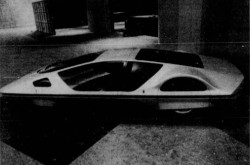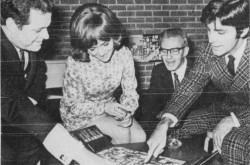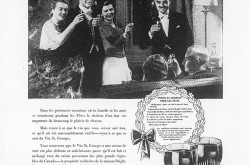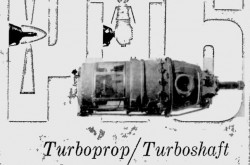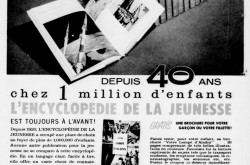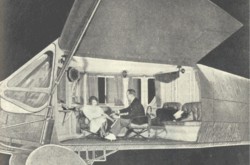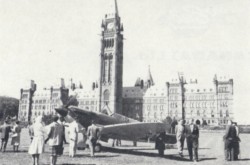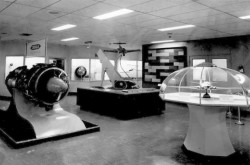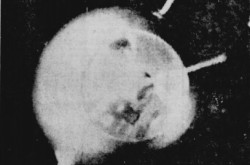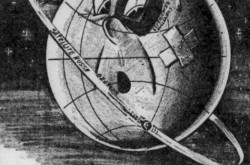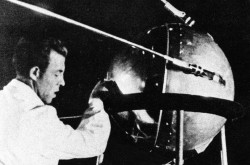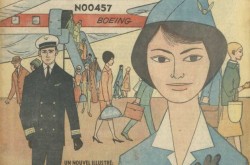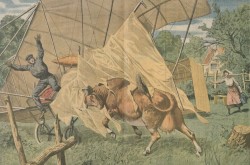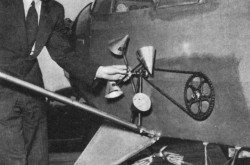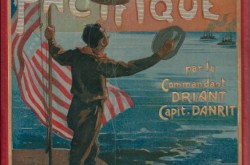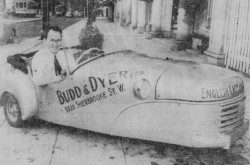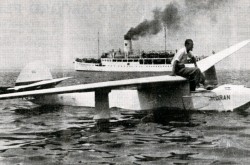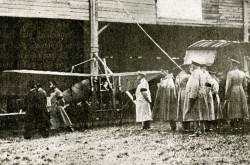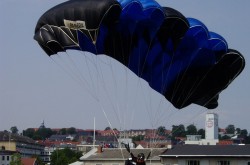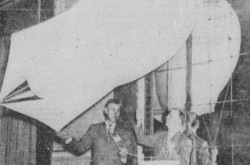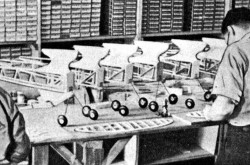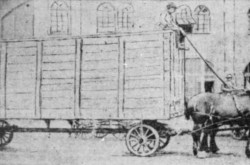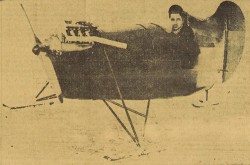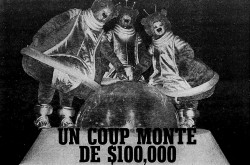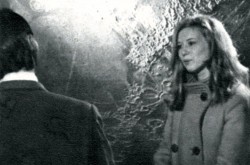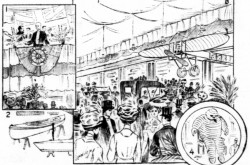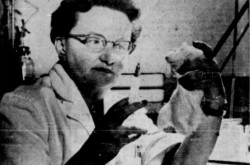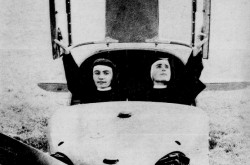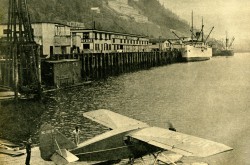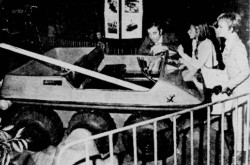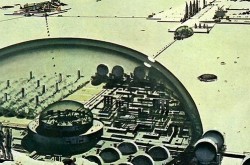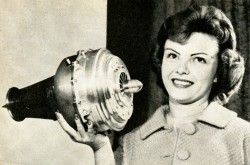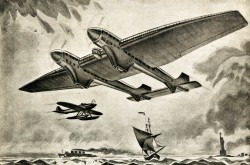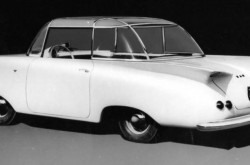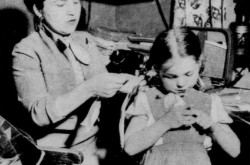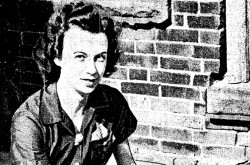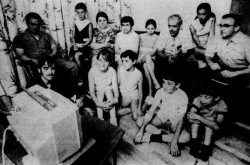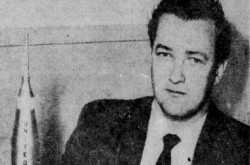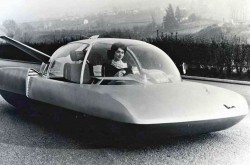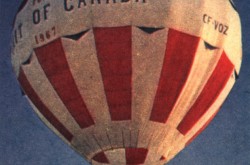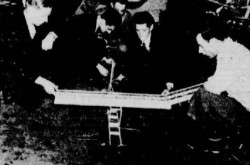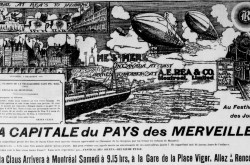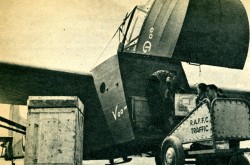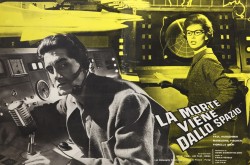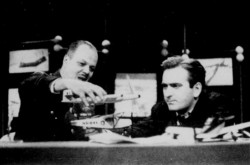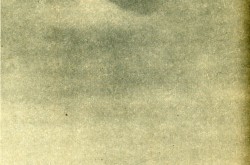“My dear Védrines, it is a voting failure:” Charles Toussaint “Jules” Védrines and the partial legislative election of Limoux, France, in March 1912, Part 2

Adieu-siatz, my reading friend, hello and welcome to this second part of our article devoted to the electoral setbacks of Charles Toussaint “Jules” Védrines during the partial legislative election of Limoux, France, in March 1912. You will remember that we parted ways on 16 March, the day before the ballot. Let us resume without further delay the weft of our history.
17 March – voting day. Védrines flew over the villages surrounding Limoux and visited friends in an automobile.
While Védrines received the majority of male votes in the important towns, his main rival, Jean Bonnail, received that of the male voters of the villages. And the term male voter was appropriate here. French women did not vote for the first time, in municipal elections, until April 1945, but back to our election. With the number of villagers in the electoral district of Limoux outweighing the number of townspeople, Bonnail and the Parti républicain, radical et radical-socialiste won the by-election. That was the official version.
It seemed in fact that, while the results of the poll were compiled in the offices of the regional administration of Limoux, darkness fell in said offices. The lighting system broke, you might say. An assumption which could not be more reasonable, except that the offices in question were lit by gas. Dare I say that some people turned off taps so that other people were able to suppress the results obtained in certain polling stations? Unthinkable, you say, France was / is a stronghold of democracy!
In any event, it seemed that, before this total eclipse of the lighting gas, Védrines had an advance of 1 800 votes, according to an unofficial version of the evening, a version which may very well have been put forward by political parties opposed to the more important party in the Chambre des députés, the Parti républicain, radical et radical-socialiste. After said eclipse was over, Védrines lagged behind by 600 votes. Disgusted by what had just happened, Védrines left the offices of the regional administration. Some supporters implored him to return immediately. The aviator complied, but his return did not change the results of the ballot: Bonnail was declared the winner.
Noting how some of his supporters, who did not know these results but feared the worst, were boiling with rage, Védrines asked the crowd to follow him in the main square. Arrived there, he asked them to remain calm, while acknowledging in more or less covered words that the outgoing representative, senator Henri Charles Étienne Dujardin-Beaumetz, and his republican clique had stolen the election. And yes, Dujardin-Beaumetz was a member of the Parti républicain, radical et radical-socialiste, the most powerful in the Chambre des députés.
Supporters of Dujardin-Beaumetz and / or Bonnail having shouted at Védrines as he spoke, supporters of the latter threw stones at the windows of the cafe where they were. Other supporters of the aviator attacked the sales booth of the daily La Dépêche, hostile to Védrines. The building housing the regional administration was also more or less ransacked. Only the presence of people from the Gendarmerie nationale, the gendarmes, including some reinforcements requested before the poll by heads of the regional administration, made it possible to minimise the acts of violence on that evening of riot.
Still fearing popular retribution, those same heads contacted their superior and asked him to send troops. The prefect Théophile Cornu was perplexed. Where the devil would he find soldiers on a Sunday evening? He finally found a number of them who set off on horseback towards Limoux. That theoretically secret development reached the ears of some Védrines supporters, however, who could not believe it. Seeing a bronze statue apparently handed over by Dujardin-Beaumetz, they decided to remove it from its plinth. Better yet, or worse yet, I will let you choose, they decided to toss Tendresse humaine, in English human tenderness, that was the name of the statue, I kid you not, in the river which divided the town of Limoux in two.
The ruckus produced when the statue hit the bed of the body of water startled some heads of the regional administration, who believed it was a dynamite attack. But where were the soldiers, they moaned? While it was true that the military eventually showed up, the fact was that the Limouxines and Limouxins, supporters of Védrines or not, had been back home for a long time.
On the morning of 18 March, Dujardin-Beaumetz decided to take a little tour of the main square in Limoux. His scowl did not go unnoticed. Believing, perhaps not mistakenly, that the senator wanted to taunt them, several people enthusiastically jeered at him. Fearing for his safety, Dujardin-Beaumetz left the scene at top speed.
A little later, Dujardin-Beaumetz had the good idea to accompany Cornu, who had decided to go to Limoux to see what the heck was going on there, on the tour the latter made, escorted by gendarmes and soldiers on horseback. Here again, the senator did not go unnoticed. Jeered at and called a Jocond and thief, he thought best not to open his mouth. Finally, a good idea. Sorry. Sorry. Noting how less sympathetic the growing crowd was becoming, Cornu cut his tour short.
You will of course remember that the amusing but rude nickname Jocond was inspired by the theft of the Mona Lisa, in French La Joconde, mentioned in the first part of this article, and, perhaps, by the French from France slang word “con,” which means cretin or imbecile.
Would you believe that Dujardin-Beaumetz decided a little later to take another little tour of the main square in Limoux? And yes, he went out alone, like a big dumb*ss. Jeered at again, the senator left the scene at top speed.
In the afternoon, a few people from a neighbouring village tried to get past the crowd in the main square. That was a wrong move. Believing, wrongly it seemed, that these people wanted to provoke them, supporters of Védrines fell on them and threatened to throw them in the river. Gendarmes pulled them out of that bad situation quite quickly. Mounted soldiers tried to clear the main square on more than one occasion, but eventually gave up.
A commission of the Chambre des députés wasted no time in examining the results of the ballot. It apparently found that many of the reports from different places had the same handwriting, written in the same ink. Ballots which favoured Védrines might, I repeat might, have been canceled without reason.
Is it necessary to underline that Védrines lodged a complaint with the authorities? That was what I thought. The hundreds of Limouxins who signed petitions fully supported him. So, with the people behind him and an apparent proof of fraud, Védrines won his case, right? Well, no. And long live democracy!
While the announcement by said commission of the Chambre des députés that Bonnail had indeed won the 17 March election surprised no one, many Limouxines and Limouxins nonetheless continued to protest, night after night.
Outraged by such impudence, the heads of the regional administration unearthed a regulation which prohibited gatherings of more than 3 people. The good people of Limoux ignoring it, the gendarmes began to write more or less ridiculous series of charge sheets. Offenders followed one another before the justice of the peace for about 2 months.
The police commissioner of Limoux, a particularly unpopular nutter by the name of Chaussat, also known by the nickname “Patacouilla,” a derivative the French from France slang word “couillon,” which means cretin or imbecile, was soon given the amiable nickname of “Boum Boum.” Would you believe me if I told you that the speaking of either of those monikers soon became deemed to be contempt of the police station and, as such, liable to a fine without stay? And yes, France had Liberté, Égalité, Fraternité as its motto then and still today.
The feeling of betrayal felt by Védrines and his supporters did not ultimately give rise to anything concrete. Called to submit his case to an office of the Chambre des députés shortly before the end of March, the aviator refused to give it the dossier he had put together, or that he wanted to put together. Intercepted by a reporter from at least one daily, Védrines shot a disabused comment, in translation: “Give them my file so they can steal it! Ah, you do not know them, they are capable of anything!” Védrines also failed to obtain an adjournment, a request granted shortly before to a representative from the aforementioned Parti républicain, radical et radical-socialiste, however. And yes, Dujardin-Beaumetz was a member of that party, the most powerful in the Chambre des députés.
Védrines’s opponents were therefore free to bury the Védrines affair once and for all, assuming of course that this decision had not already been made. And yes, the office of the Chambre des députés validated the election of Bonnail even before the end of March, and this unanimously. And no, a heated debate in that same chamber changed absolutely nothing.
At the end of April, Védrines discreetly / secretly went to Limoux to hold a public meeting. His presence was quickly detected by supporters who went in front of the cafe where he was and offered to accompany him around the main square. Warned of this matter, Chaussat intervened and threatened Védrines with a fine if he joined his supporters. The aviator then asked them to return in the evening.
At the appointed hour, Chaussat intervened again. Gatherings on public thoroughfares were not permitted. That was no problem, the followers of Védrines began to sing. Unable to force the crowd to disperse, the gendarmes distributed numerous charge sheets. Somewhat annoyed by the latter’s zeal, supporters of Védrines borrowed the headgear of Chaussat. They exchanged it, placed it in a fountain, and gently installed it on the plinth previously occupied by the Tendresse humaine statue. Chaussat was not amused.
It was in a tense atmosphere that municipal elections were held in Limoux at the beginning of May 1912. Védrines was no longer able to visit that town, however. He had suffered serious head injuries in late April in an aeroplane crash. Realising that there could be mayhem, heads of the regional administration summoned soldiers and soldiers on horseback.
The counting of the votes quickly indicated that all the outgoing members of the municipal council had bitten the dust. Some suggested that some of these ******** attempted to tamper with the results. Various responsible persons intervened and politely forbad the henchmen of said ******** from entering the offices where reports were held.
Anxious to avoid outbursts, the elected mayor, Pierre Constans, who was apparently not related to the outgoing mayor, Pierre Constans-Pouzols, asked everyone to go home.
Limouxines and Limouxins took to the streets the day which followed the election to celebrate the change of regime, with the permission of Constans-Pouzols, in post pending the handover, around mid-May. Even the gendarmes apparently proved a tad less zealous over the following days, to the chagrin of Chaussat.
It was perhaps around that time that the authorities quietly suggested that the speaking of the words “Boum Boum” and “Patacouilla” no longer be an offense, to the chagrin of Chaussat. Poor baby. Sorry, sorry.
The new mayor of Limoux moved into his office shortly after mid-May. Leaving the hospital without telling his doctors, Védrines visited his friends and supporters less than a week later. He was given a triumphant welcome. Those who could get close to Védrines were shocked at the severity of his injuries. The aviator was admittedly not yet recovered.
Relieved by the change of regime, some residents of Limoux decided to have a little fun. Shortly before or after the handover, they unhooked the portrait of the geriatric French president, which was in the town hall, to replace it with a portrait of the athletic Védrines. Armand Fallières quickly returned to his place, however.
At that time, Védrines was still trying to get the Chambre des députés to accept his point of view. Discussions between representatives took place in May and June which brought no change: Bonnail had won the 17 March election.
You will be happy to learn that the Mona Lisa returned to its place in the Musée du Louvre in January 1914, after a to say the least triumphant tour of Italy. An art collector whom the thief, Vincenzo Peruggia, had contacted in December 1913 had in turn contacted Italian law enforcement agencies, in that case the Corpo dei Carabinieri Reali, when he realised that the painting he was examining in a hotel of Florence, Italy, was the work which had disappeared 28 months before. Sentenced in June 1914 to a short prison sentence, a short sentence due to an apprehended intellectual disability and an irresistible popularity with the Italian public, Peruggia was released even before the end of July.
Dujardin-Beaumetz, on the other hand, did not have the occasion to participate in the displays of joy surrounding the return of the Mona Lisa to Paris, France. Nay. And yes, the Mona Lisa was under increased surveillance. By 2022, that surveillance had reached heights unimaginable a century earlier. Dujardin-Beaumetz, say I (type I?), had actually died, I would never dare to say (type?) kicked the bucket or croaked, in September 1913, two days short of 61st birthday. One can wonder how many Limouxines and Limouxins shed tears on learning that piece of news.
Limouxines and Limouxins staggered in shock, however, when they learned of the death of Védrines and the mechanic who accompanied him, Marcel Guillain, in April 1919. Their airplane, a twin-engine night bomber perhaps converted into an airliner, crashed in France while the two men were on a non-stop testing flight between Paris and Rome, Italy. Védrines was only 37 years old.
Let me conclude this tale of woe by pointing out that it would be frickin good if the Earth had fewer Homo sapiens like Dujardin-Beaumetz and Chaussat in positions of authority.
Long live Védrines!
Enjoying the Ingenium Channel? Help us improve your experience with a short survey!


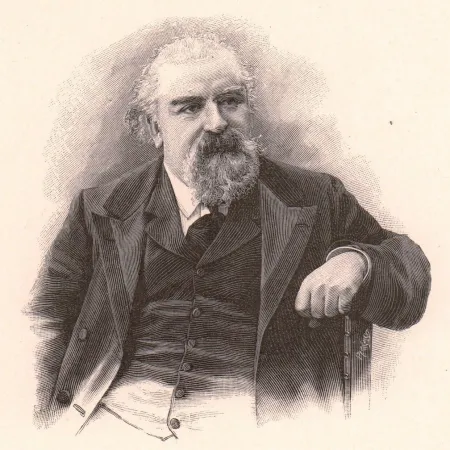


































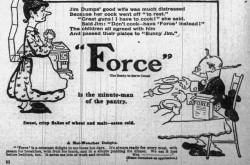
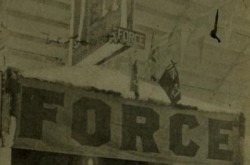

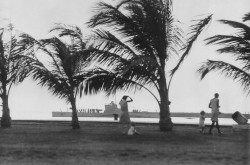
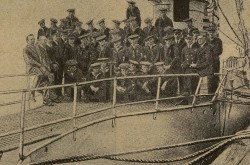
![A block of photographs showing some of the people involved in the bombing of beluga whales in the estuary and gulf of the St. Lawrence River. Anon., “La chasse aux marsouins [sic]. » Le Devoir, 15 August 1929, 6.](/sites/default/files/styles/thumbnail_7/public/2024-09/Le%20Devoir%2015%20aout%201929%20page%206.jpg?h=584f1d27&itok=TppdLItg)

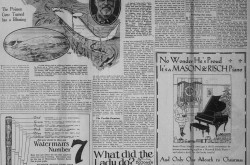
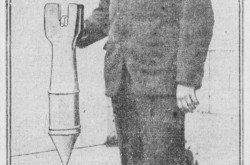
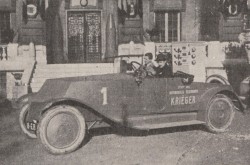
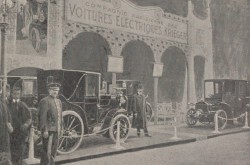
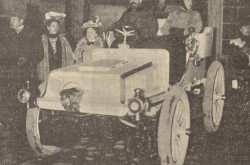
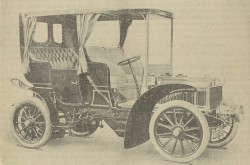


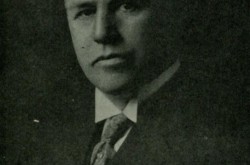
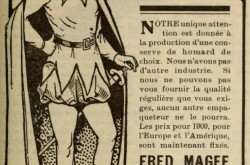
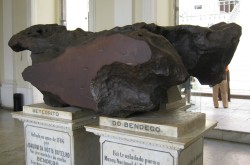
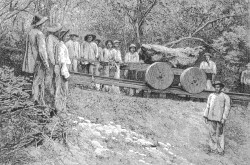
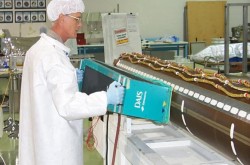

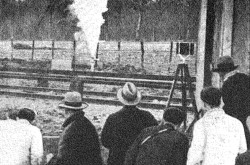
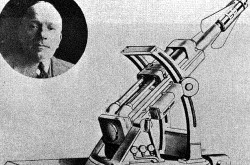
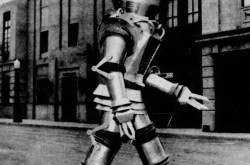

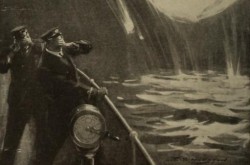
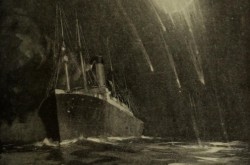
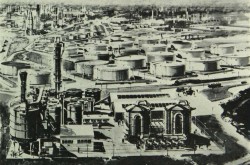
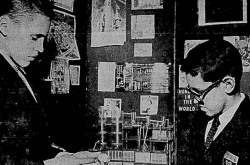



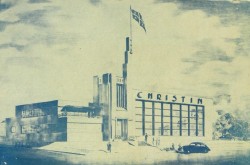
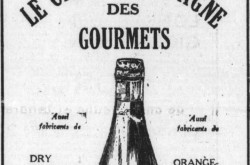
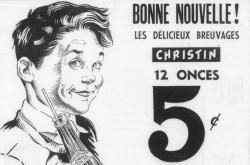
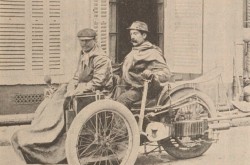
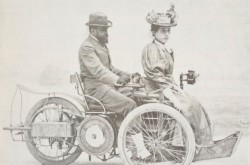
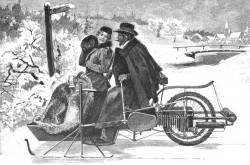

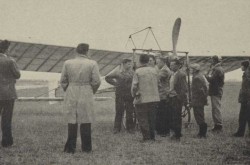
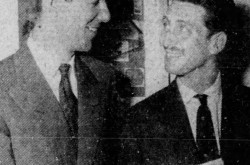

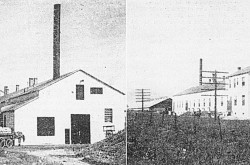
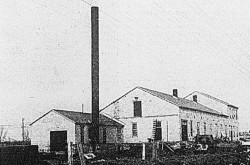
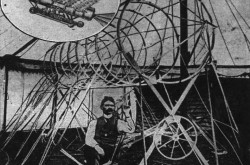
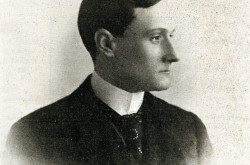
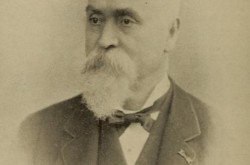
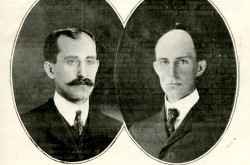
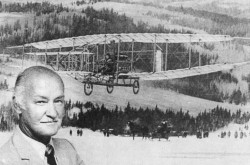
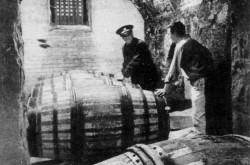
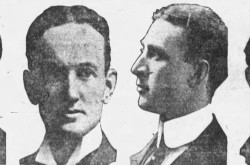
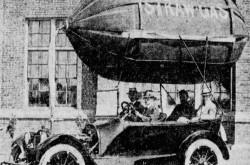

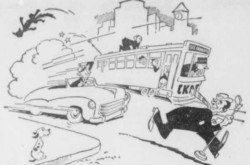

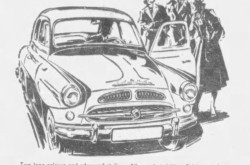
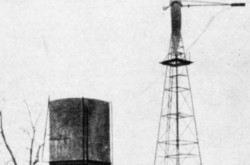
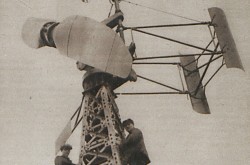
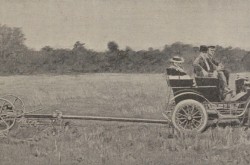

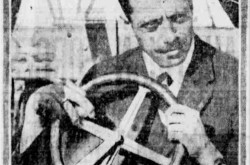
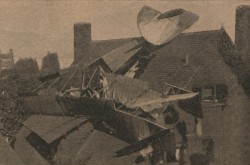
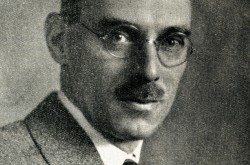
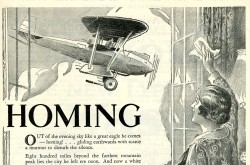



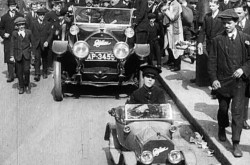
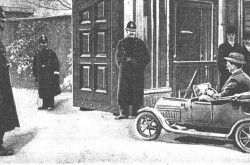

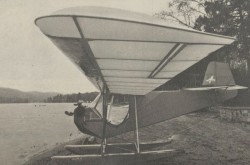
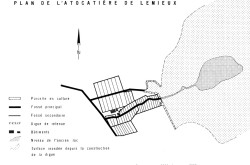
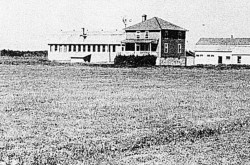
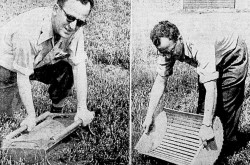
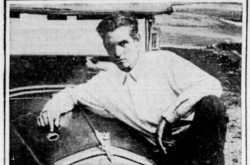
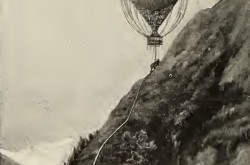
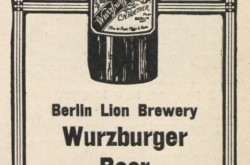
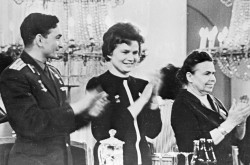
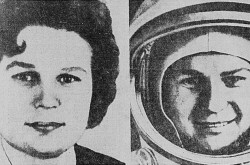



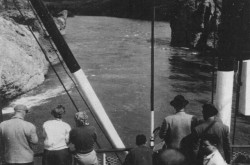
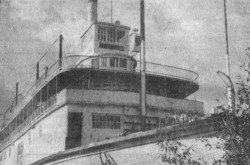

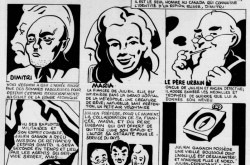
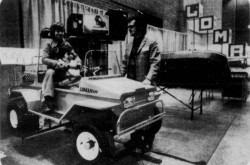
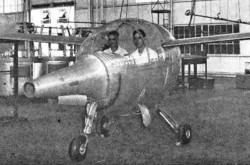
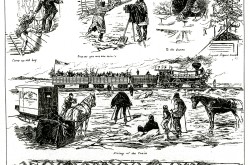
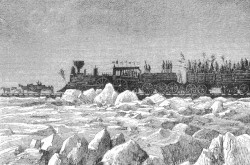
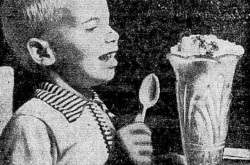
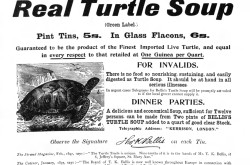
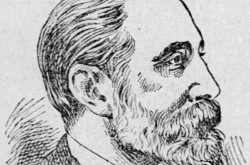

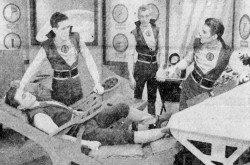
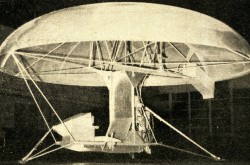
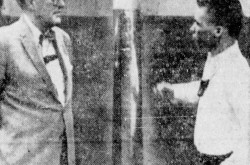
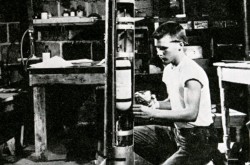

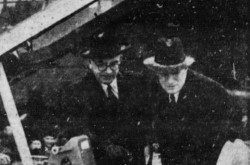
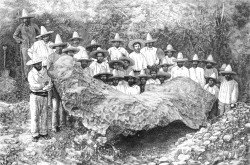
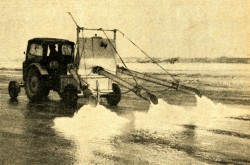
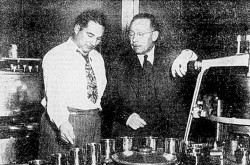


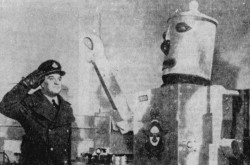
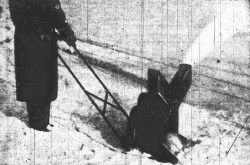
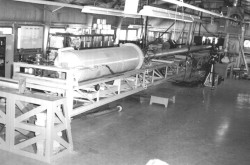


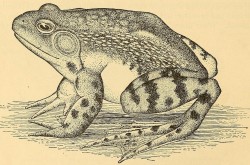
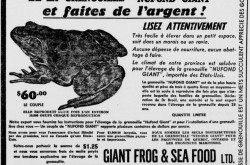
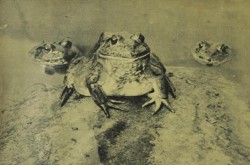
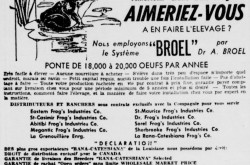
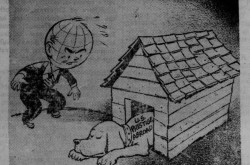
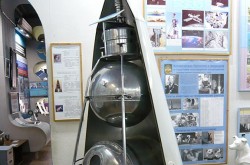

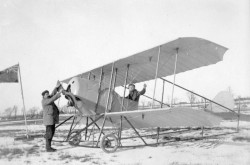
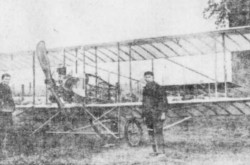
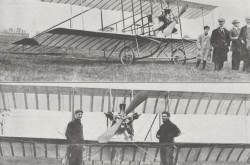
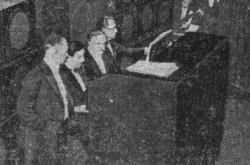


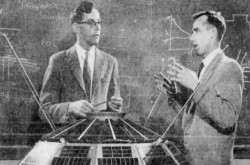

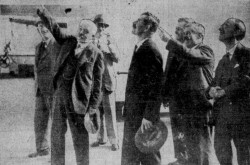


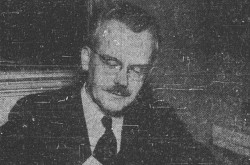
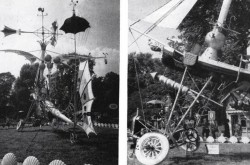

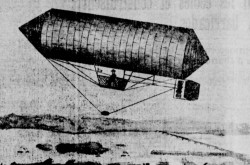
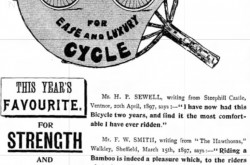

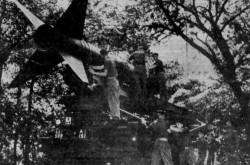



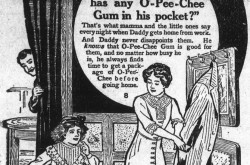
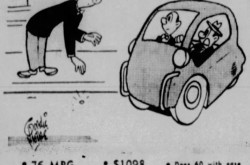
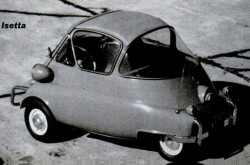
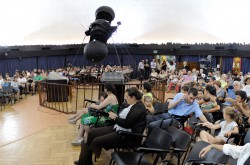
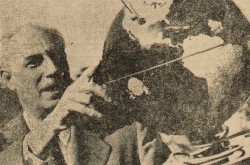
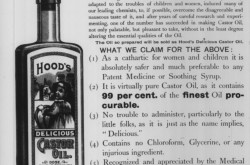
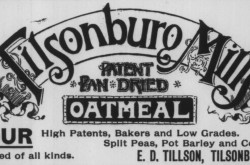

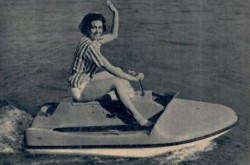


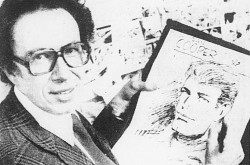


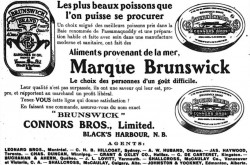
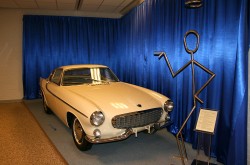
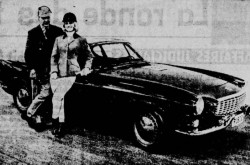
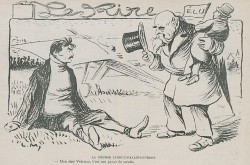
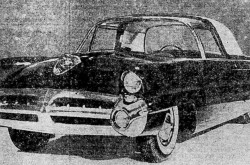


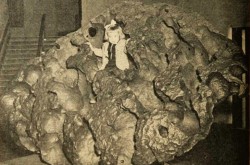
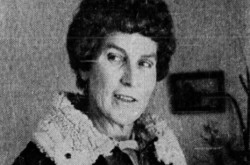
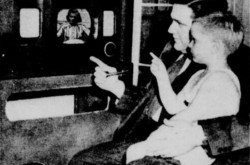
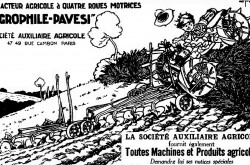

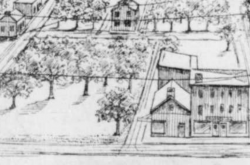


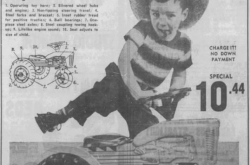

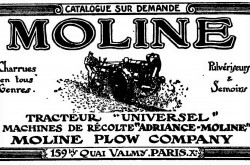


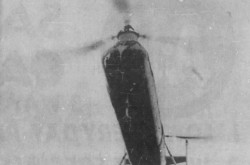
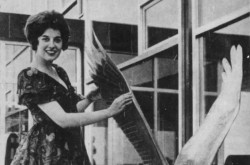
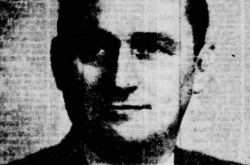
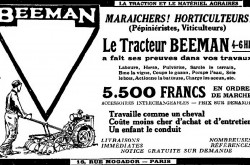
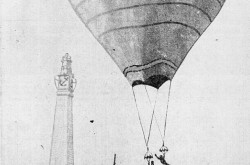
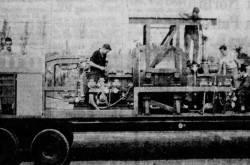
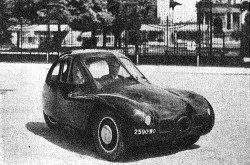
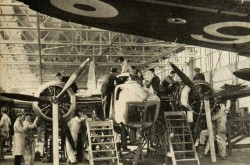


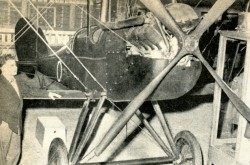
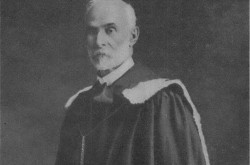
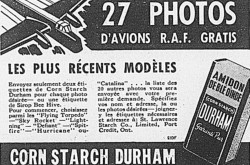
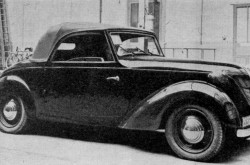
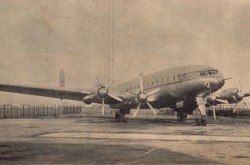



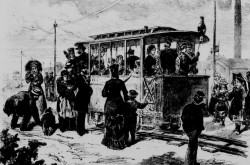
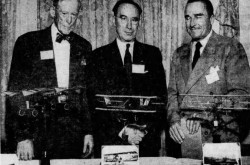



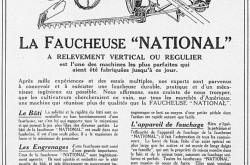
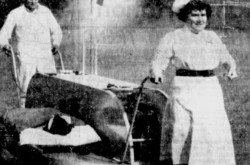
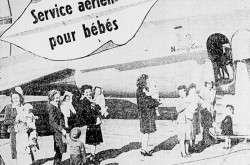
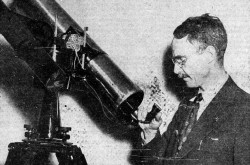


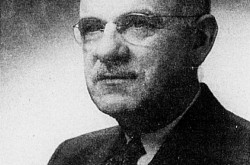
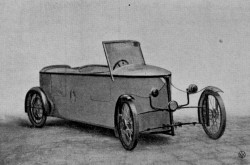
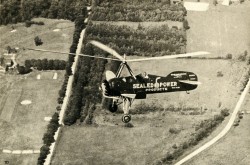
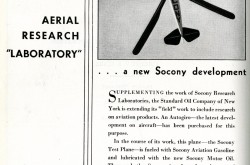
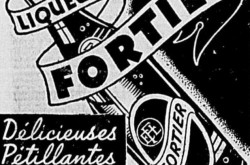


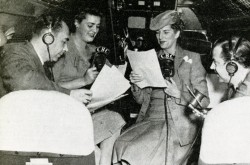
![Peter Müller at the controls [sic] of the Pedroplan, Berlin, Germany, March 1931. Anon., “Cologne contre Marseille – Le mystère du ‘Pédroplan.’ [sic]” Les Ailes, 2 April 1931, 14.](/sites/default/files/styles/thumbnail_7/public/2021-04/Les%20Ailes%202%20avril%201931%20version%20big.jpg?h=eafd0ed4&itok=WnBZ5gMf)
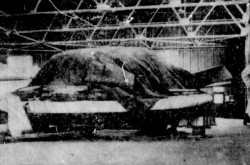
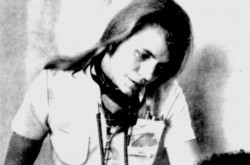
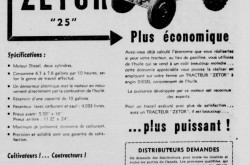
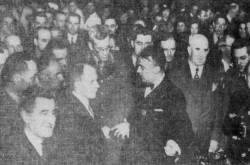

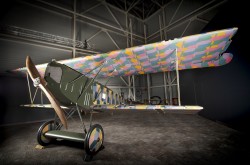


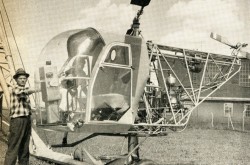
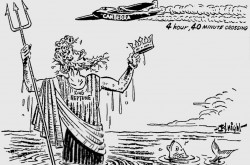

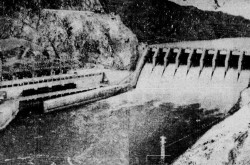
![One of the first de Havilland Canada Chipmunk imported to the United Kingdom. Anon., “De Havilland [Canada] DHC-1 ‘Chipmunk.’” Aviation Magazine, 1 January 1951, cover.](/sites/default/files/styles/thumbnail_7/public/2021-01/Aviation%20magazine%201er%20janvier%201951%20version%202.jpg?h=2f876e0f&itok=DM4JHe5C)


